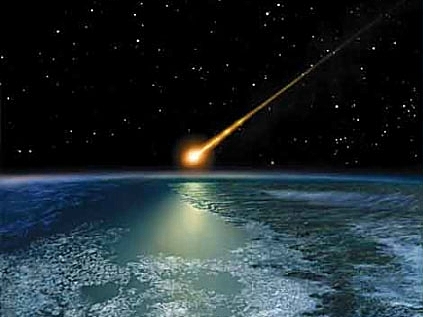In previous posts I’ve looked at some likely, and some less likely, candidates for planets or moons in our solar system that could harbour life, including Jupiter, three of it’s moons, two of Saturn’s moons, and Mars and Venus.
Now its time for Earth. Yep, you read right.
In 1990 NASA used the Galileo spacecraft to look for life on Earth. Why bother you scream, whilst hurling your cup of tea violently against the wall? Well, NASA did it to test how well spacecraft like Galileo can find life on planets and moons from space. Call it a proof of concept, if NASA can find life on Earth, then at least they know the tech works, and hopefully won’t miss signs of life on other planets.
Here’s what they found on Earth:





